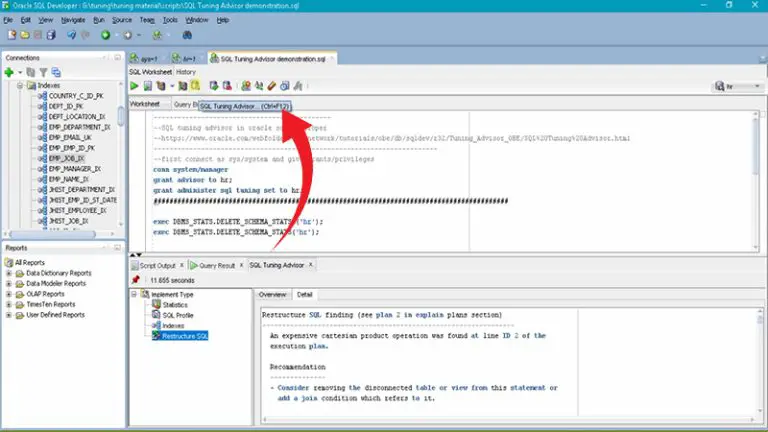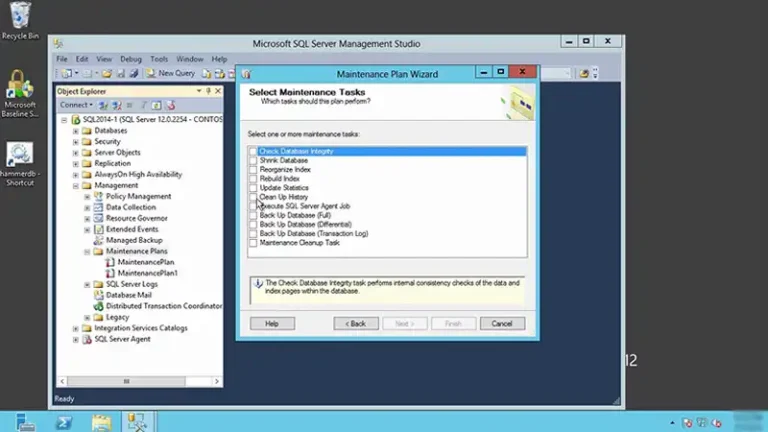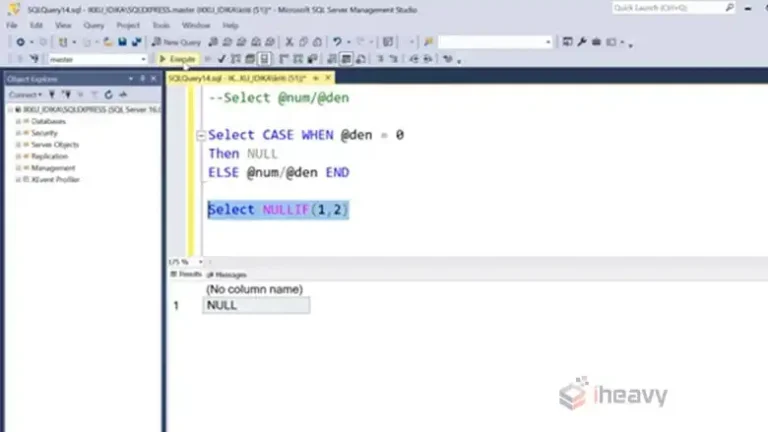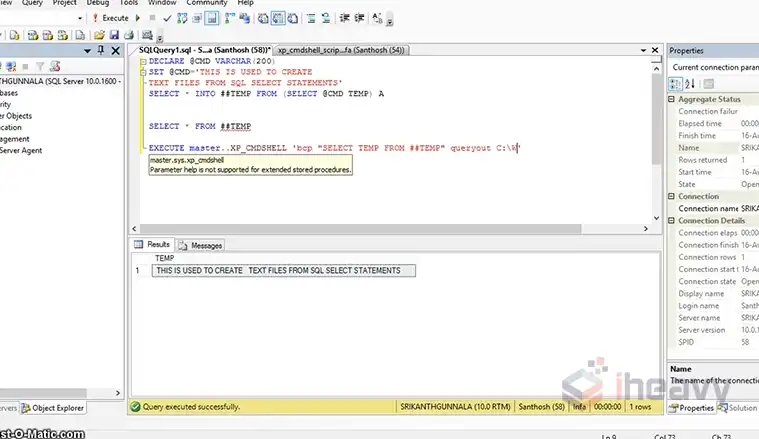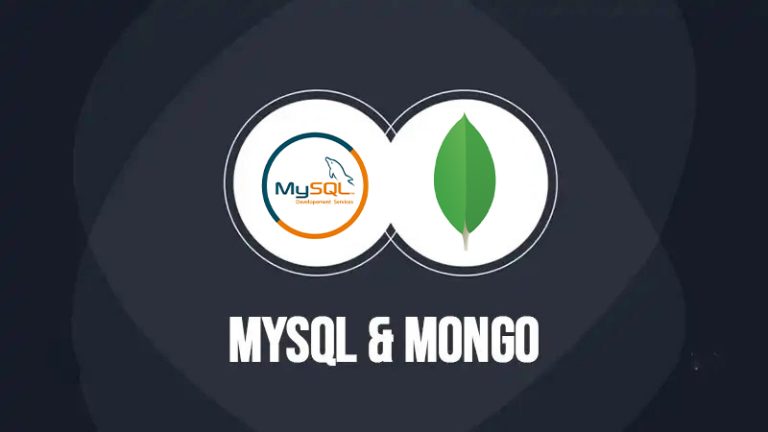Postgresql Vs Sql Server | Similarities and Dissimilarities
PostgreSQL and SQL Server are popular relational database systems. PostgreSQL, open-source and highly extensible, emphasizes standards compliance. SQL Server, a Microsoft product, integrates well with Microsoft tools and offers proprietary features. Each has distinct strengths, with PostgreSQL favored for its openness and flexibility, while SQL Server is known for seamless integration within the Microsoft ecosystem.
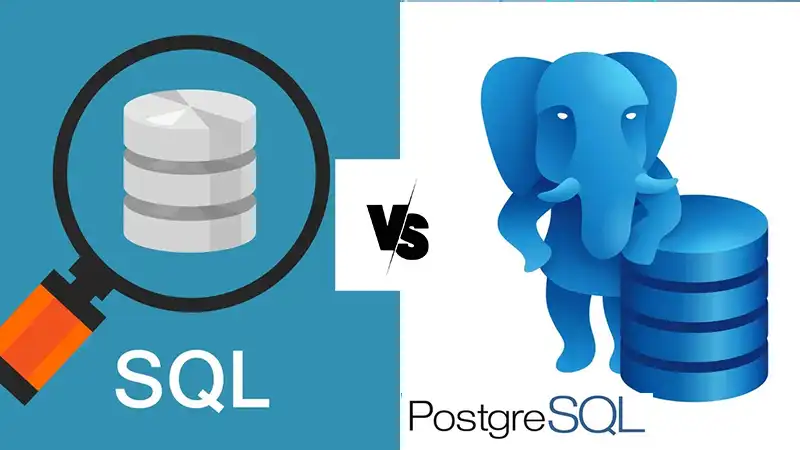
PostgreSQL
Open Source: PostgreSQL is open-source, free to use, and community-supported.
Cross-Platform: It’s highly compatible with multiple operating systems.
Extensibility: Offers a wide range of extensions and flexibility for customization.
Scalability: Known for handling large datasets and scalability.
SQL Server
Proprietary: SQL Server is a proprietary database developed and owned by Microsoft.
Windows-centric: Primarily runs on Windows, with limited Linux support.
Integration: Seamlessly integrates with Microsoft’s ecosystem and tools.
Feature-rich: Offers a suite of proprietary features like Reporting Services, Analysis Services, etc.
Comparison: PostgreSQL vs. SQL Server
Similarities:
- Data Types and Indexing:
Both databases support various data types and indexing mechanisms for optimizing query performance.
- Stored Procedures and Triggers:
They allow the creation of stored procedures and triggers to execute specific actions or operations within the database.
- High Availability and Replication:
Both PostgreSQL and SQL Server offer features for high availability, replication, and clustering to ensure data redundancy and fault tolerance.
- Security Features:
They provide security features such as role-based access control (RBAC), encryption, and authentication mechanisms to protect data integrity.
Dissimilarities:
- Platforms and Operating Systems:
PostgreSQL is cross-platform and supports various operating systems, while SQL Server primarily runs on Windows but also has limited Linux support.
- Transaction Isolation Levels:
PostgreSQL offers a wider range of transaction isolation levels compared to SQL Server, providing more granular control over transaction behavior.
- Partitioning Methods:
PostgreSQL offers more flexible native partitioning methods compared to SQL Server, enabling efficient data organization across partitions.
- Backup and Restore Methods:
While both support backup and restore functionalities, their methods and tools for performing these tasks differ.
- Concurrency Control:
PostgreSQL’s concurrency control mechanisms might differ from SQL Server, impacting how transactions are managed under heavy concurrent loads.
- Community and Development Philosophy:
PostgreSQL’s development is community-driven and focuses on open-source collaboration, while SQL Server’s development is driven by Microsoft’s proprietary roadmap and strategies.
PostgreSQL vs. SQL Server Comparison Table
| Feature | PostgreSQL | SQL Server |
|---|---|---|
| Licensing | Open-source (free) | Proprietary (paid licensing) |
| Platform | Cross-platform (Linux, macOS, Windows) | Windows-centric (limited Linux support) |
| Extensibility | Highly extensible with user-defined functions and extensions | Offers some extensibility, but primarily relies on built-in features |
| Scalability | Excellent for handling large datasets | Scalable, but may require more configuration and optimization |
| Integration | Integrates with various tools and platforms | Deep integration with Microsoft tools and platforms |
| Feature-richness | Offers core features and community-driven extensions | Feature-rich with proprietary tools like Reporting Services, Analysis Services |
| Data Types & Indexing | Supports various data types and indexing mechanisms | Supports various data types and indexing mechanisms |
| Stored Procedures & Triggers | Allows creation of stored procedures and triggers | Allows creation of stored procedures and triggers |
| High Availability & Replication | Supports high availability, replication, and clustering | Supports high availability, replication, and clustering |
| Security Features | Role-based access control (RBAC), encryption, and authentication | Role-based access control (RBAC), encryption, and authentication |
| Transaction Isolation Levels | Wider range of levels for granular control | Smaller range of levels |
| Partitioning Methods | More flexible native partitioning methods | Less flexible partitioning options |
| Backup & Restore Methods | Different methods and tools than SQL Server | Different methods and tools than PostgreSQL |
| Concurrency Control | Mechanisms may differ from SQL Server, impacting heavy concurrent loads | May differ from PostgreSQL in performance and behavior under heavy concurrency |
| Community & Development | Community-driven and open-source | Proprietary development roadmap and strategies |
| Cost | Free | Paid licensing fees |
Decision factors:
- Budget: PostgreSQL is free, while SQL Server requires licensing fees.
- Platform: PostgreSQL is cross-platform, while SQL Server primarily runs on Windows.
- Flexibility: PostgreSQL offers more extensibility and customization options.
- Integration: SQL Server integrates seamlessly with other Microsoft tools.
- Feature needs: SQL Server may offer specific features you need.
- Community support: PostgreSQL has a large and active community, while SQL Server relies on Microsoft support.
Frequently Asked Questions
FAQ 1: How do PostgreSQL and SQL Server differ?
PostgreSQL is open-source, while SQL Server is a proprietary Microsoft product. PostgreSQL is cross-platform, and SQL Server primarily operates on Windows. PostgreSQL offers extensive extensibility, while SQL Server integrates seamlessly within the Microsoft ecosystem.
FAQ 2: Which is more cost-effective, PostgreSQL, or SQL Server?
PostgreSQL is typically free, while SQL Server often incurs licensing costs. PostgreSQL suits those who prefer open-source solutions, while SQL Server offers proprietary features and Microsoft support at a cost.
FAQ 3: When to choose PostgreSQL over SQL Server or vice versa?
PostgreSQL suits users who value openness, scalability, and cross-platform compatibility. It’s ideal for extensive customization or managing large datasets. SQL Server, with seamless integration within the Microsoft environment, is preferred for Windows-centric setups, offering proprietary tools and dedicated support.
Conclusion
In conclusion, PostgreSQL emphasizes openness and scalability, while SQL Server integrates well within Windows environments, offering proprietary features and support with associated licensing costs. PostgreSQL suits those valuing flexibility, while SQL Server is favored for Windows-centric setups, providing proprietary tools and support. The choice depends on platform preferences, feature needs, and budget considerations.

